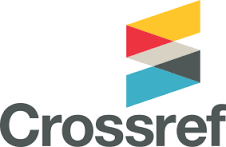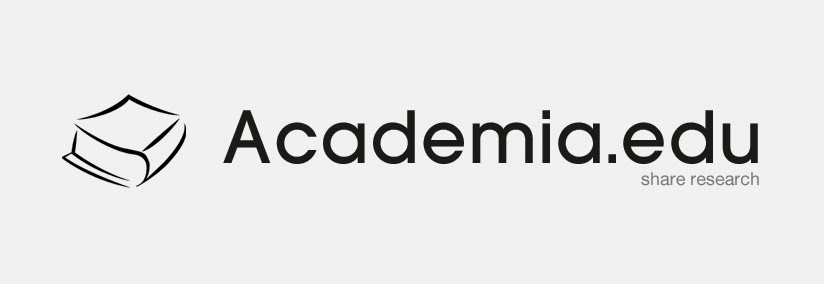Mengukur Social Transfer In Kind (STIK) Dan Kontribusinya Terhadap Pengeluaran Konsumsi Rumah Tanggadi Sulawesi Barat Tahun 2011-2017
Abstract
Full Text:
PDF (Bahasa Indonesia)References
Barrientos Armando. (2008). Measuring Social Transfer in Kind in The United Kingdom, Working Paper in Brooks World Poverty Institute. Manchester: University of Manchester.
European Commission, (2010). Social Transfers: An Effective Approach to Fight Food Insecurity and Extreme Poverty. European Commission.
Honkilla, Juha, (2008). Measuring Social Transfer In Kind: Experinces from The Finnish Household Budget Survey. Social Statistics Department, Statistics Finland.
Schwahn, Florian, (2014). Social Transfers in Kind and Economic Well-Being: Relevance, Implications and Possible Solutions.
Stiglitz, J. et al. (2009): Report of the Commission on Measurement of Economic Performance and Social Progress.
Strauss-Kahn, Dmoinique. (2008). System of National Account. Jenewa: European Commission. United Nations. World Bank.
The Canberra Group. (2011). Handbook on Household Income Statistics.Canberra, Australia.
Tonkin, Richard et al. (2013). Measuring Social Transfer in Kind in The United Kingdom. Paper dipresentasikan pada Seminar The way forward in Poverty Measurement". Geneva. Switzerland.
DOI: https://doi.org/10.21107/mediatrend.v14i2.4845
Copyright (c) 2019 Media Trend


















